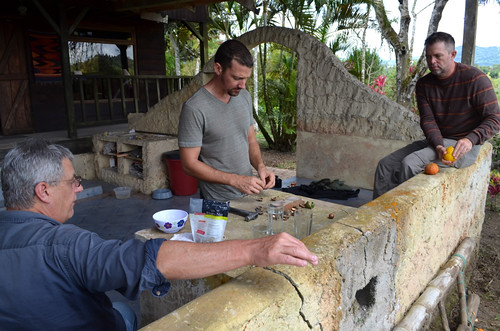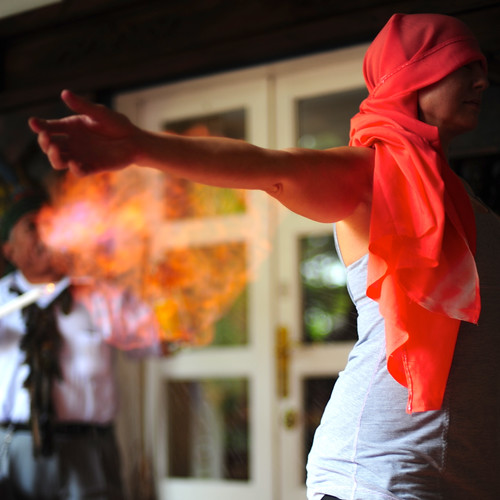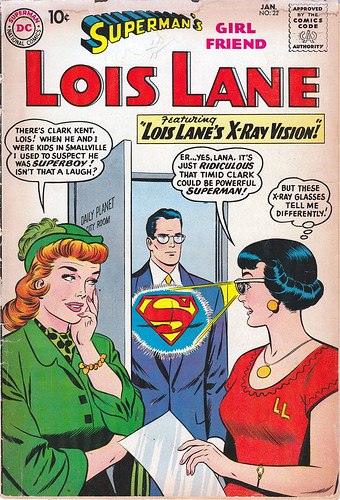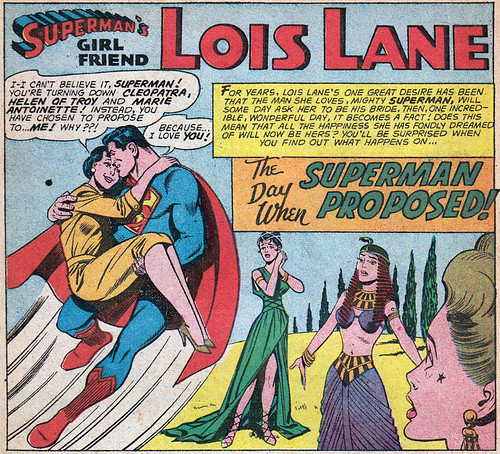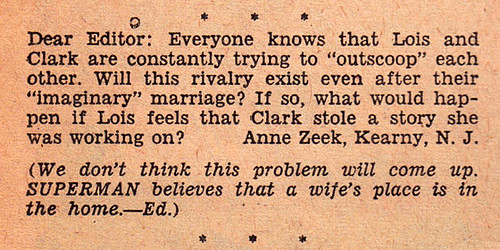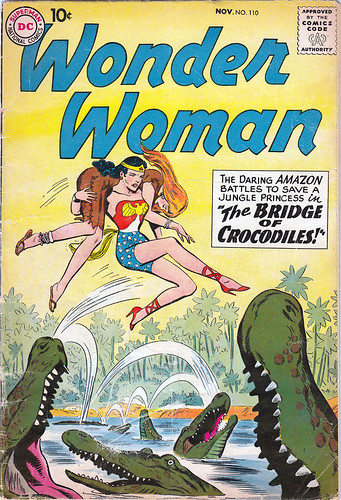My work nowadays involves meeting and chatting with folks from all walks of life. They email me to say, “Want to have lunch?” and I say, “Of course!” (After all, I’m all about the power of yes.) We talk about podcasts or travel or bicycling or comic books. Whatever strikes our fancy. When we’ve finished our tea or our Thai noodles, nothing seems to have happened — not on the outside, anyhow.
What’s happened, though, is that we’ve both received lottery tickets. By meeting and chatting and sharing ideas, we’ve been given tickets in the lottery of life.
I also get a ticket whenever I try something new. (Because I now try new things all of the time, I’m accumulating a lot of lottery tickets.)
I get tickets when I say “yes” to things that are scary or difficult too. When I spoke at World Domination Summit in 2012 — something that scared the hell out of me! — I got a lottery ticket. When I flew to Ecuador last September to talk with people about Financial Independence, I got a lottery ticket. When I introduce myself to strangers or “important people”, I get a lottery ticket.
But note that these tickets are rarely handed to me. To get them, I have to take risks. I have to move outside my comfort zone. As much as I enjoy sitting on the couch in the evening watching “Downton Abbey” with Kim, neither one of us receives a lottery ticket for doing so. To get tickets, we have to do things.
The prizes in this lottery are many and varied.
When I learned Spanish, for instance, I received a winning lottery ticket that has paid off in all sorts of ways. I made new friends (my tutor, my English student), traveled to new places (Perú, Bolivia, Argentina, Chile, Ecuador), read new authors, tried new food, watched new movies, and so much more.
When I was in Quito last fall, I rode the teleférico, the cable-car that carries visitors 4000 feet up the side of a nearby volcano. During the fifteen-minute ride, I chatted with two couples that spoke only Spanish. If I hadn’t learned Spanish, I couldn’t have understood them, much less conversed. But because I do speak Spanish, I enjoyed a pleasant chat about one couple’s life in Venezuela and the other couple’s life in Quito. Plus I garnered a restaurant recommendation for later that evening. yet another small prize I won simply because I took the time to learn another language.
Any time I do something — especially something new — there’s a chance my life will be vastly improved in the long run.
Not every meeting and not every experience pays off — in fact, some are disasters — but many do provide a reward. Often enough, those rewards are enormous. Winning lottery tickets are so common and so fruitful, in fact, that I’ve almost become addicted to playing the lottery of life. I relish making new acquaintances, going new places, and trying new things.
I used to think I was unlucky. Good things happened to other people, and never to me. Everyone else had more fun than I did. Now, seven years since learning to say “yes” to life, I know the truth. Wishing won’t make you happy or wealthy, and good things don’t just happen. Luck isn’t magic or a gift from the gods.
You make your own luck.

